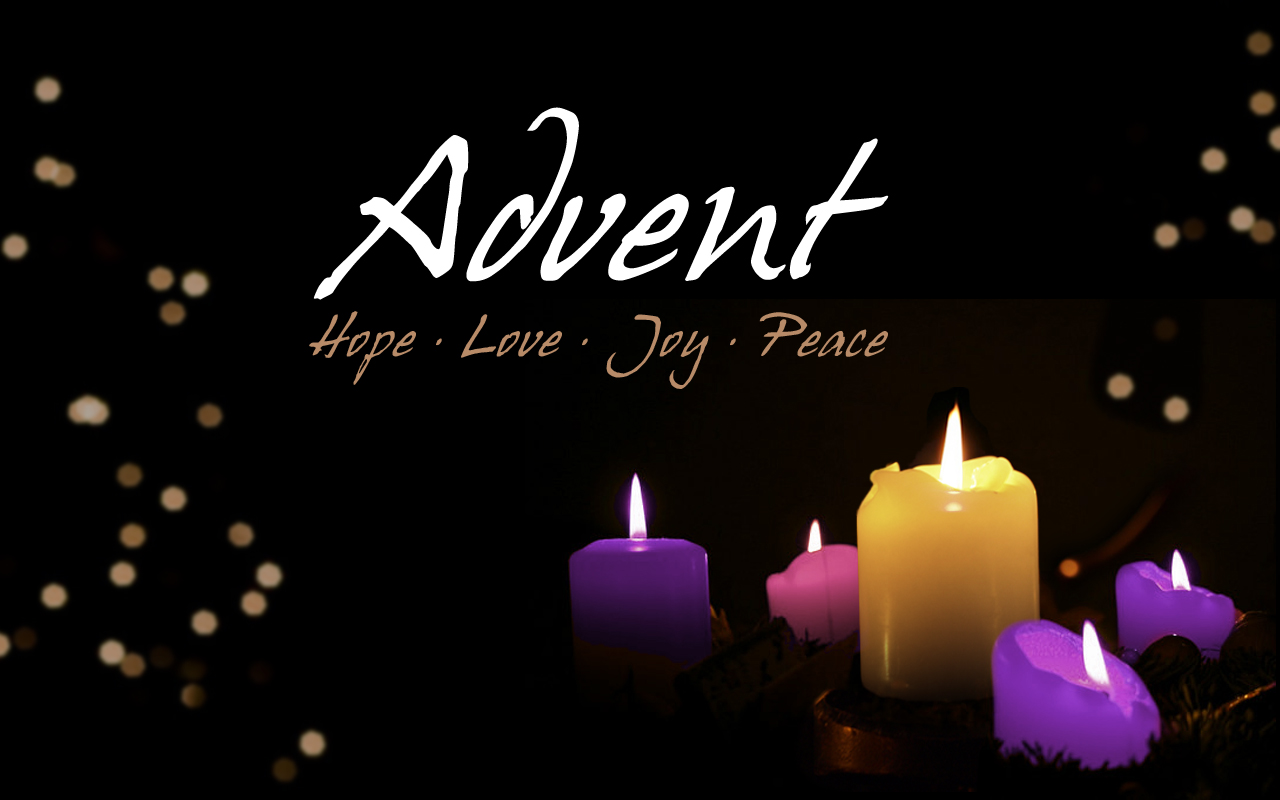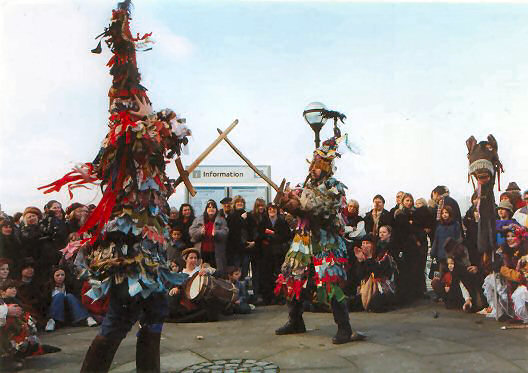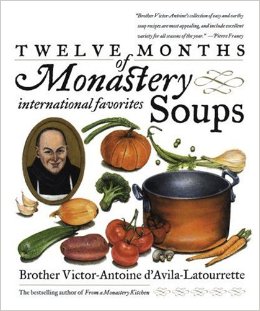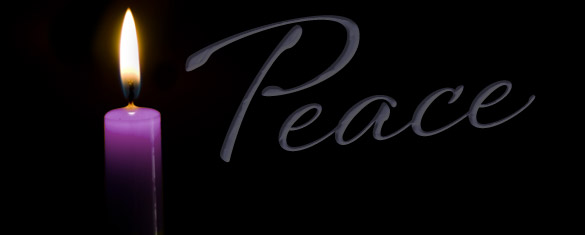![]()
These past four weeks, these past four weeks of Advent we have been on a journey of discovery, discovery about what Advent is truly about, and a discovery about ourselves and our relationship with God. We have been asking many questions, and we have been finding some answers, but as with all things religious, we have more questions than answers. And the biggest question I have on this morning of Christmas is why was Jesus born?
I have a hard time wrapping my human mind around the fact that God, the creator, became his creation. Let that think in for a moment, God became flesh, breathed air, walked on earth, and dwelt among us. He took on our human form, even though God remained God, he still lowered himself to become one of us. But why?
There have even been books written about it. There is one with the title 50 Reasons Jesus Came to Die. It was, of course, followed up with 10 Reasons Jesus Came to Die. I guess the author forgot a few reasons.
We hear that God sent his son to earth because he was angry with us. He sent Jesus here to fix it all because we have gone off the rails if you will. If you are like me, you have heard many stories and sermons about sin and judgment. Make no mistake we are all sinners, but we are forgiven. So we get this idea that God is an angry, vengeful God that is out for blood.
But the story we hear from Scripture at Christmas is much different the God sent his angel to visit a young woman and the first this he says to her is “be not afraid.” He tells her that she will give birth to a boy and he will do great things. He does not force this on her, in fact, he waits for her decision. Of course, we know she said yes because God asked her. When the angel appeared to the shepherds, he had the same message, be not afraid, behold I bring you tidings of great joy. No mention of God’s anger or wrath here. In fact, the angel goes on to speak of the glory of God and that this child has come to humanity, in whom he is well pleased. Well pleased? This message does not sound angry to me.
We are also under the illusion that Jesus was born so he could die. Again, this comes from this idea that God is a vengeful God and he is out for blood. If this is the case, why did God wait so many years? Jesus was, by all accounts 33 years old when he died, why did God wait so long? Why did he have to inflict so much pain? Jesus did not come to die, in fact, the opposite is true, Jesus came to show us how to live.
The Gospel of John tells us that God became flesh and dwelt among us. He was born a baby, in humble surroundings, to a persecuted people. He took on our humanity, with all that this means in every way possible. He was born the same way we were born; he grew up the same way we grew up. He suffered the loss of his stepfather Joseph, he learned a trade, probably fell when he was learning how to walk. He was just like us, except for the sin part.
Jesus left us a legacy of how we are to live our lives; we are to walk with those less fortunate than us; we are to provide food, spiritual and physical, to those in need. We are to welcome the stranger among us and treat them as if they are part of the family. We are to provide clothing to those who do not have any. And we are to make disciples, just like Jesus did. He did not force people to agree with his message. He did not go to Rome, ever, and lobby in the halls of power for things to be done a certain way, no he showed us how we are to live our lives as best we can.
In the third chapter of the Gospel of John, we read, “For God so loved the world that he gave his only Son so that everyone who believes in him may not perish but may have eternal life.” So that we may have eternal life.
Why was Jesus born? Out of love. It’s really is just that simple. The creator loved his creation so much, saw how off the rails we had become that he lowered himself to become one of us to show us the way. Jesus was not a king in the earthy sense of what that means, Jesus was not a military leader, he was a humble carpenter for a backwater town in a forgotten part of the Roman Empire. He was born with nothing, and he died with nothing, simply because he loves all of us.
There may be some of you here today; there may be some of you listening to these words or watching on cable TV. Perhaps you are reading this sermon as part of an email, and maybe you don’t believe that God loves you. Maybe you are thinking how could God love you I am the worst of all sinners, I have not talked to God in a long a time, well let me set the record straight, God does love you, loves you so much in fact that he gave his all for you, not because God was angry, but because God was so filled with love for you, and for me.
I want you to know this; there is no version of Jesus that does not love you. If someone is telling you that God is angry with you because of your lifestyle, if someone is telling you that God is angry with you because you have not been to church in a long time, you need to run away from those people as fast as possible, because I am here to tell you that Christ was born 2,000 years ago because he loves you just as you are, warts and all.
The message of the Gospel, the message of this Christmas is that Christ was born out of love, no other reasons than God loves us and wanted to give us an example to follow in our lives.
We have a saying here. “no matter who you are, no matter where you are on life’s journey, you are welcome here.” We have made room in the Inn of our hearts and the Inn of our lives for you, warts and all. We desire to confirm that God loves you and that you are forgiven, not through some sacrificial offering of blood, but through the love and example of Jesus Christ.
The gift that God has for you this morning, and every morning, is that he loves you and you are forgiven!
That is why Christ was born!
Merry Christmas




